
Clarity from Within: The Premium Lens Solution for High Prescriptions

20
Years
180+
Hospitals

700+
Eye Specialists

3
Crore+ Eyes

What is ICL Eye Surgery?
ICL (Implantable Collamer Lens) surgery implants a thin, biocompatible artificial lens inside the eye to correct moderate-to-severe myopia, hyperopia, and astigmatism. It leaves the natural lens in place and can be an option for patients who aren’t suitable for corneal laser procedures like LASIK.
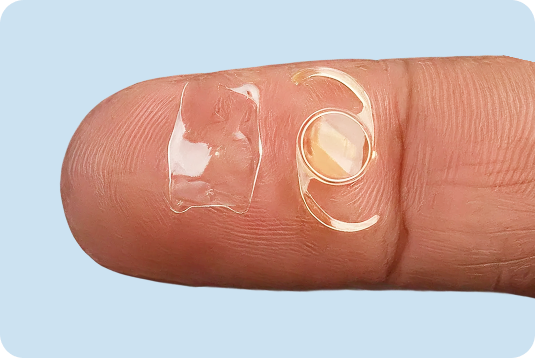

Age 21 or older with a stable prescription for at least one year.

Healthy eyes with no active infection or disease that could affect outcomes.

Moderate to severe myopia, hyperopia, or astigmatism.

Adequate anterior chamber depth and endothelial cell health (assessed during screening).
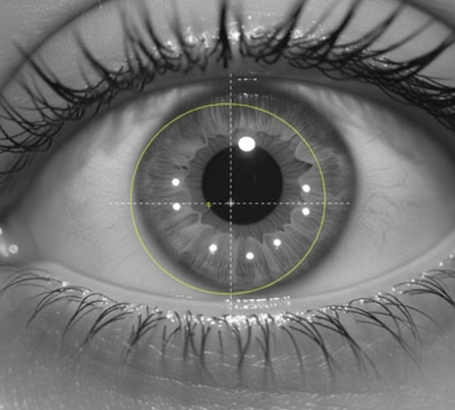
Pupil size checked to minimise potential glare or halos in dim light.
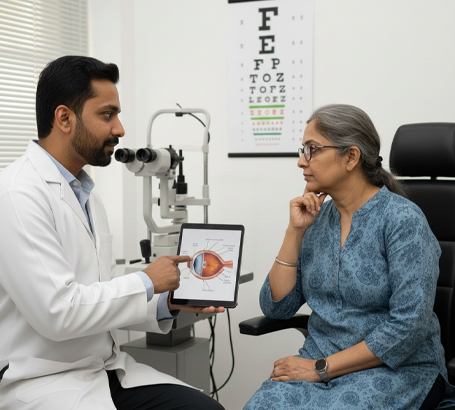
Understanding of expected outcomes and limitations
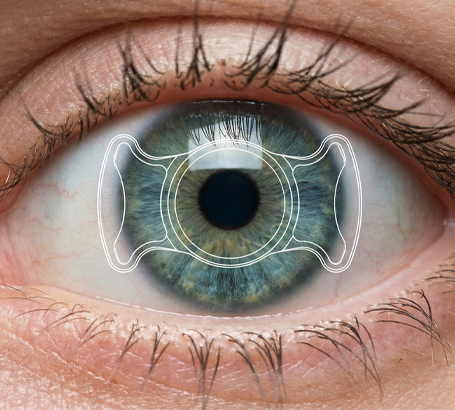
Corrects moderate-to-severe prescriptions with excellent visual outcomes.

Made of Collamer (collagen + copolymer) — well tolerated with minimal inflammation.
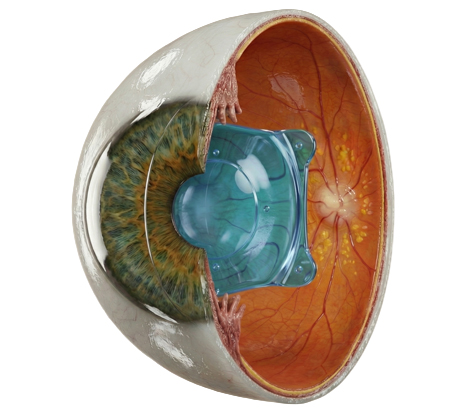
Reversible: the lens can be removed or exchanged if needed.

Preserves corneal tissue — ideal for thin corneas or those unsuitable for LASIK/PRK.
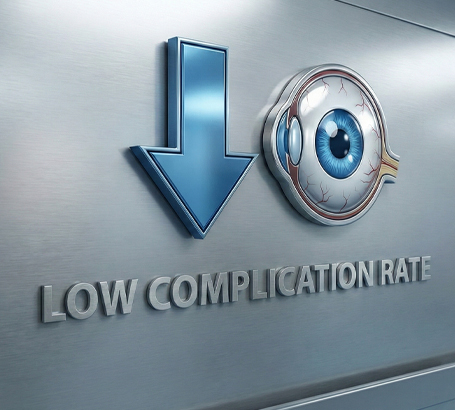
Fast recovery, minimal discomfort, and low complication rates.
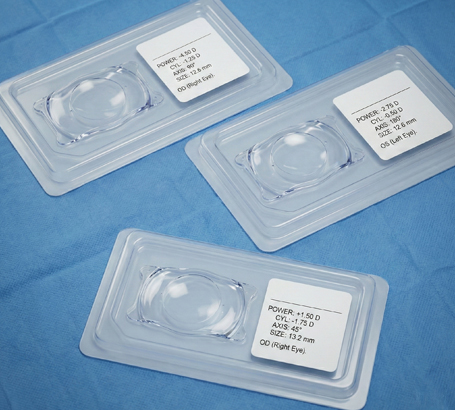
Wide range of powers allows precise customisation to your prescription.
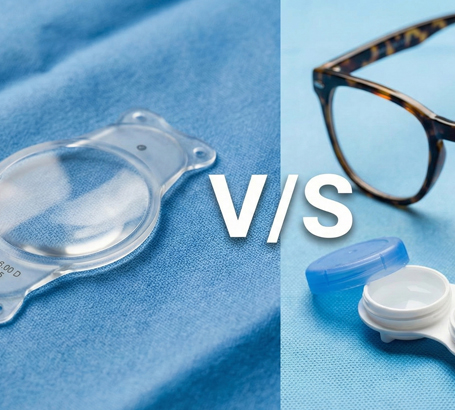
Often improves night vision versus glasses or contact lenses.
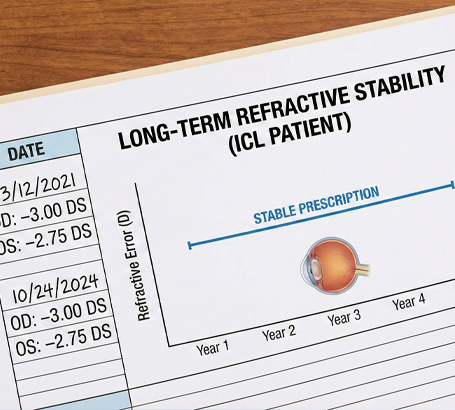
Long-term refractive stability without changing corneal shape.

Good option for active lifestyles (sports, swimming) with fewer restrictions.
How the ICL Procedure Works

Pre-op assessment and measurements to confirm size and fit.
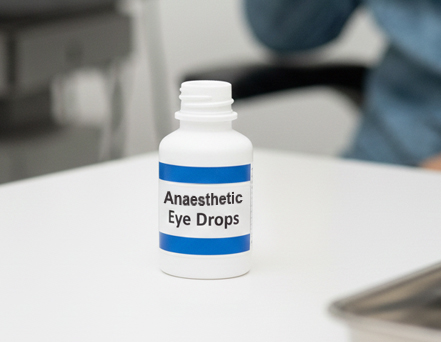
Anaesthetic eye drops to numb the eye.
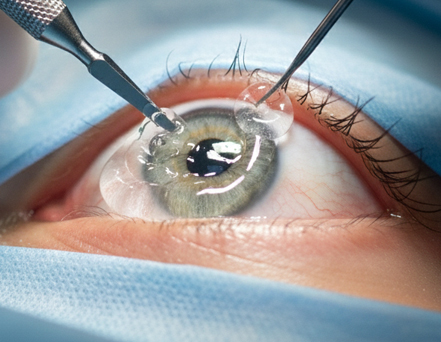
Small corneal incision made; lubricant protects the cornea.

The folded ICL is inserted through a cartridge and positioned behind the iris, in front of the natural lens.

The lens unfolds and settles; alignment and stability are checked.
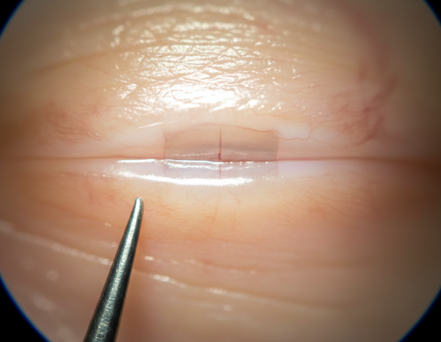
Tiny incision self-seals (usually no stitches).

Early vision improves within days; full stabilisation may take a few weeks.
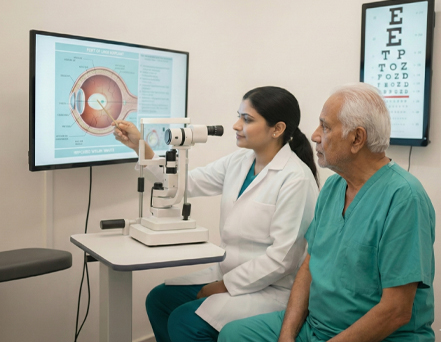
Follow-up visits scheduled to monitor healing and visual outcomes.
Why Choose ASG for ICL Surgery
ASG combines experienced refractive surgeons with advanced diagnostic imaging and precise surgical techniques to ensure optimal ICL sizing and placement. Our structured pre-op evaluation and dedicated follow-up protocol prioritise safety, rapid recovery, and excellent visual outcomes.
Advanced ICL Treatments & Technology at ASG

High-resolution Anterior Segment OCT & Ultrasound Biomicroscopy
for precise sizing and vault prediction.
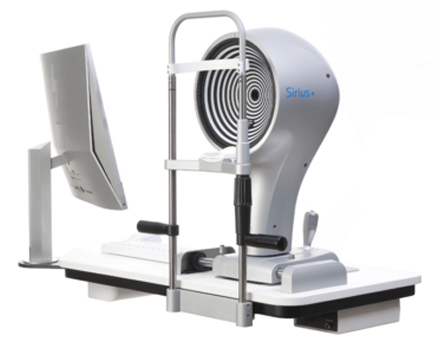
Topography and Tomography
to confirm corneal health and rule out contraindications.

Femtosecond Laser Peripheral Iridotomy (when indicated)
to optimise fluid flow and reduce pressure risks.
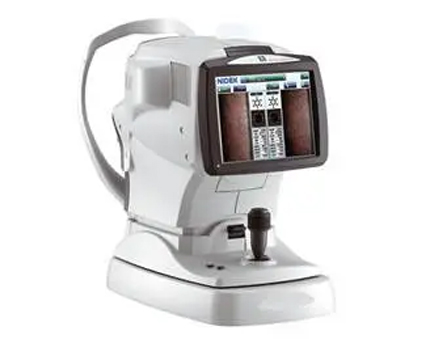
Specular Microscopy
to assess endothelial cell count before and after surgery.
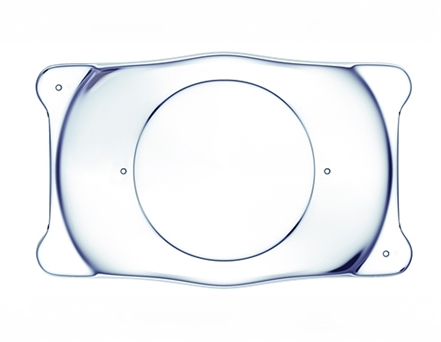
Digital surgical planning and intraoperative microscopes
for accurate ICL placement and optimal outcomes.
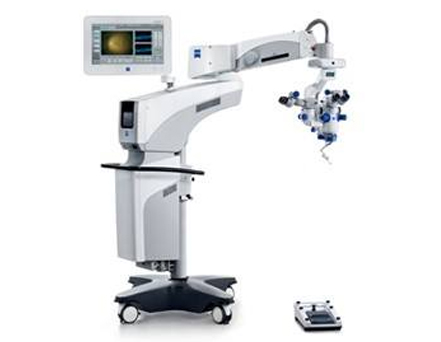
Dedicated ICL follow-up protocol
with targeted imaging to ensure long-term safety and stability.
Your Treatment Journey
3
Procedure Day
Short outpatient procedure under topical anaesthesia; comfortable and typically completed within 20–30 minutes for both eyes if done same day.
4
Early Recovery
Mild discomfort and blurred vision initially; drops and patch as prescribed. Most patients notice improved vision within days
5
Follow-up & Long-Term Monitoring
Scheduled visits to check lens position, vault, pressure, and endothelial health. Lifelong monitoring to ensure sustained safety.
Book Your Appointment
Submit Your Request
Get a Call from Our Team
Meet Your Specialist
Begin Your Eye Care Journey
Please wait...
Self Booking
Get A Call Back
Vision for All.
Not Just for Some
ASG is growing its network with 200 Vision Centres, delivering affordable eye care to over 4 million people.
Or
Clear Answers for Better Vision
What is ICL surgery?
ICL (Implantable Collamer Lens) surgery is a premium vision-correction procedure where a tiny, biocompatible lens is permanently implanted inside the eye. Unlike a contact lens that sits on the surface, the ICL is placed between the iris and your natural lens to provide sharp, high-definition vision.
How is ICL different from LASIK or SMILE?
LASIK and SMILE are “subtractive” procedures that reshape the cornea by removing tissue. ICL is an “additive” procedure—it does not change the shape or thickness of your cornea. This makes it the ideal choice for patients who are not candidates for LASIK due to thin corneas or high refractive errors.
Who is an ideal candidate for ICL at ASG Eye Hospital?
You may be a perfect candidate for ICL if:
You are between 18 and 45 years old.
You have a high power (Myopia up to -18D or Astigmatism up to 6D).
You have been told your cornea is too thin or irregular for LASIK.
You have chronic dry eyes (ICL does not worsen dry eye symptoms).
What is the ICL procedure like?
The procedure is quick and performed as a day-care surgery. Our surgeons make a microscopic incision (no stitches required) and gently insert the foldable Collamer lens. The entire process takes about 15–20 minutes per eye, and the results are almost immediate.
Is ICL surgery painful?
No. We use specialized numbing eye drops so you will not feel any pain during the procedure. You may feel a slight sensation of pressure for a few seconds, but most patients at ASG find the experience very comfortable.
How long does the recovery take?
Most patients experience a “Wow!” moment with significantly clearer vision the very next day. You can typically return to your routine activities, such as working on a laptop or watching TV, within 48 hours. Full stabilization occurs within a week.
Can the ICL lens be removed?
One of the biggest advantages of ICL is that it is reversible. Unlike LASIK, which permanently changes the eye, the ICL lens can be safely removed or replaced by a surgeon if your prescription changes significantly or if you develop cataracts later in life.
Is ICL surgery safe?
Yes. The EVO ICL used at ASG is US-FDA approved and has been implanted in millions of eyes worldwide. It is made of “Collamer,” a biocompatible material that contains a UV filter to protect your eyes from harmful sun rays and does not cause an immune reaction.
Will people be able to see the lens in my eye?
No. The ICL is placed behind the iris (the colored part of your eye), making it completely invisible to you and others. Only an eye specialist using a microscope will be able to see that you have had the procedure.
Why should I choose ASG Eye Hospital for ICL?
ICL requires a very high level of surgical precision. At ASG, we use advanced Pentacam and Ultrasound Biomicroscopy (UBM) to take exact measurements of your eye’s internal space. This ensures the lens is sized perfectly for your eye, providing the highest level of safety and visual quality.
Every Angle of Vision.
Every Kind of Care.

Cataract
What do you understand by Cataract? A cataract is an eye condition characterized by the clouding of the natural lens in the eye, leading to vision

Diabetic Retinopathy
What Do You Understand by Diabetic Retinopathy? Diabetic retinopathy is an eye condition, it is caused by diabetes

Cornea
Cornea and Associated Diseases The cornea is the transparent front part of the eye that covers the iris, pupil, and anterior parts of an eye.

Glaucoma
Glaucoma: A Silent Thief of Sight Glaucoma is an eye condition that directly damages the optic nerve (the bundle of nerve fibers that carries..

Neuro-Ophthalmology
What is Neuro-Ophthalmology? Neuro ophthalmology is a combination of super specialty of both neurology and ..